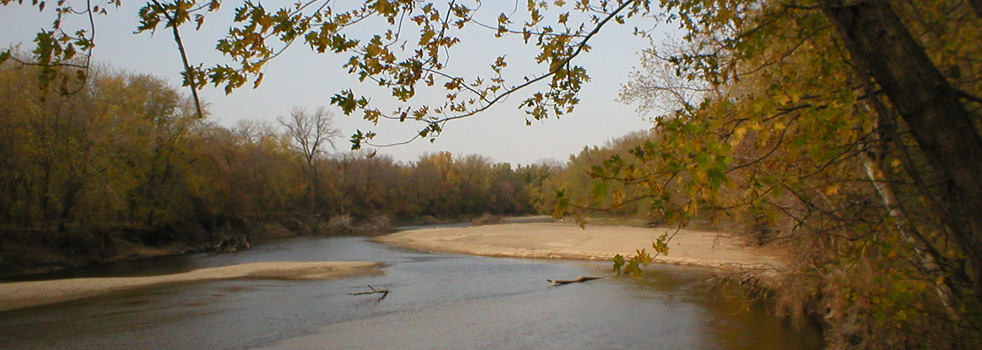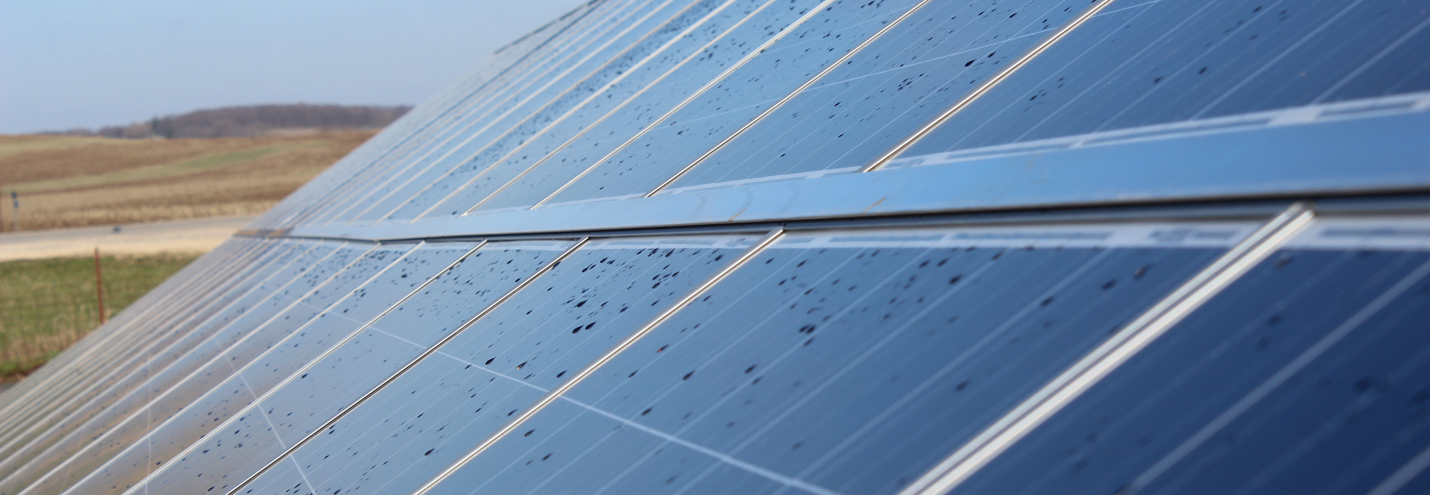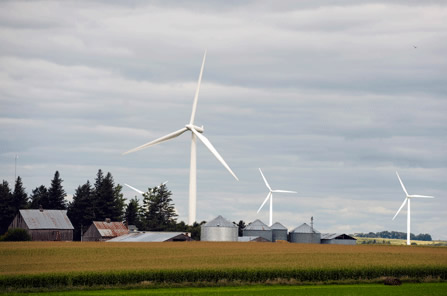Value of Iowa's Water, Land and Clean Energy Economy Challenged in 2017 Legislative Session
posted
by Kerri Johannsen on Friday, April 28, 2017
The 2017 Legislative Session wrapped up early in the morning last Saturday April 22nd – Earth Day, but it is not quite over as bills remain on the Governor’s desk for signature. In a very destructive move, the legislature eliminated the funding for the Leopold Center for Sustainable Agriculture and even repealed the statute creating the Center. There is still time to influence this decision. Call or send a message to the Governor’s Office and ask him to save the Leopold Center. Phone number: 515-281-5211.
Holding the Line
The final days and hours of the Session marked some progress on the conversation around water quality policy in Iowa. In a strong bipartisan vote, the House of Representatives passed a bill that required a watershed approach and accountability for planning and funding of water quality projects and then stood strong even as the Senate and powerful people and groups insisted upon a bill that would have put the status quo into law without coordination or accountability. The Council has advocated for years that pragmatic, locally led, and science-based watershed planning that includes monitoring and measurement is the only way to get the results that will make Iowa’s water clean and safe. It was exciting to see elected leaders stand up for that approach and it makes us hopeful for the future.
The Council worked in collaboration with many others including business and ag groups and municipalities to secure and hold support for the House policy but the Senate would not compromise and, in the end, there was no water quality bill. Neither bill contained adequate funding and the Council’s ultimate position was that no bill at all was better than passing the Senate framework. We appreciated the House members in both parties who stood up for a watershed approach and members of the minority party in the Senate who did the same.
Supporters of Des Moines Waterworks stopped an effort to dismantle the utility. The legislation was retribution for DMWW’s lawsuit against three northern Iowa drainage districts and was a massive overreach by the legislature. Legislators from across the state could see the risk this created for independent water utilities doing their best to provide clean and safe drinking water to their customers and refused to move this bill forward.
The Council, with your help, was part of stopping an attack on Iowa’s highly successful bottle deposit law, preserving a policy that has done so much to keep litter out of Iowa’s lands and waters.
In an energy victory, we preserved the Solar Investment Tax Credit at a full $5M annually in spite of attempts in the House to limit tax credits. This incentive has driven 2,524 projects leveraging $123.2M in private investment and benefiting farmers and businesses in 97 of Iowa’s 99 counties. Demand continues to outpace the supply of credits. It is clear that, like the Council, Iowans want 100% renewable energy and we will continue to fight for policies that move us in that direction.
The Council was also successful in our efforts to stop a bill that would have rolled back the state energy building code from the current 2012 level to 2009 standards, increasing costs for consumers and backsliding on Iowa’s status as a leader in energy efficiency.
A Retreat from Progress
The legislature did not step up to fund the Natural Resources and Outdoor Recreation Trust Fund. Although the policy in the House’s water bill was new, neither the House nor Senate bills provided a new, long-term source of funding for water quality. We need the full package of policy and funding to see real progress.
The popular and important REAP program lost $4M – a 25% cut compared to FY 2017. Although a plan to eliminate all funding to the Iowa Flood Center was squashed under strong opposition from many sides, the Center was still cut by $300,000. Funding for dam mitigation and water trails was eliminated and, as mentioned earlier, the Leopold Center would disappear in the bills passed by the legislature.
On the energy side, the legislature put a five-year sunset on funding for The Iowa Energy Center (which was also moved from Iowa State University to the Iowa Economic Development Authority). This sunset also impacts the Center for Global and Regional Environmental Research at the University of Iowa which uses the same funding stream.
 Finally, the legislature chose to allow the 476C renewable energy tax credits to expire at the end of this year rather than extending the program. This is a policy that supports mid-size solar projects – an area with big potential for growth - and we look forward to strengthening our alliances in the interim to advance policies that will expand investments in these projects.
Finally, the legislature chose to allow the 476C renewable energy tax credits to expire at the end of this year rather than extending the program. This is a policy that supports mid-size solar projects – an area with big potential for growth - and we look forward to strengthening our alliances in the interim to advance policies that will expand investments in these projects.
Looking Ahead
I am proud to say that the Council played a significant part in stopping some destructive and regressive bills from moving forward this Session. We influenced the conversation on what good water policy looks like and continued to build support for renewable energy and energy efficiency among legislators.
At the same time, there were serious setbacks for those of us who place a high value on Iowa’s natural resources and environment. The session is over and the consequences are real, but the Council’s policy, advocacy and regulatory work outside of Session will only improve our position going into 2018.
- iowa legislature
- reap
- solar power
- water quality
- wind power